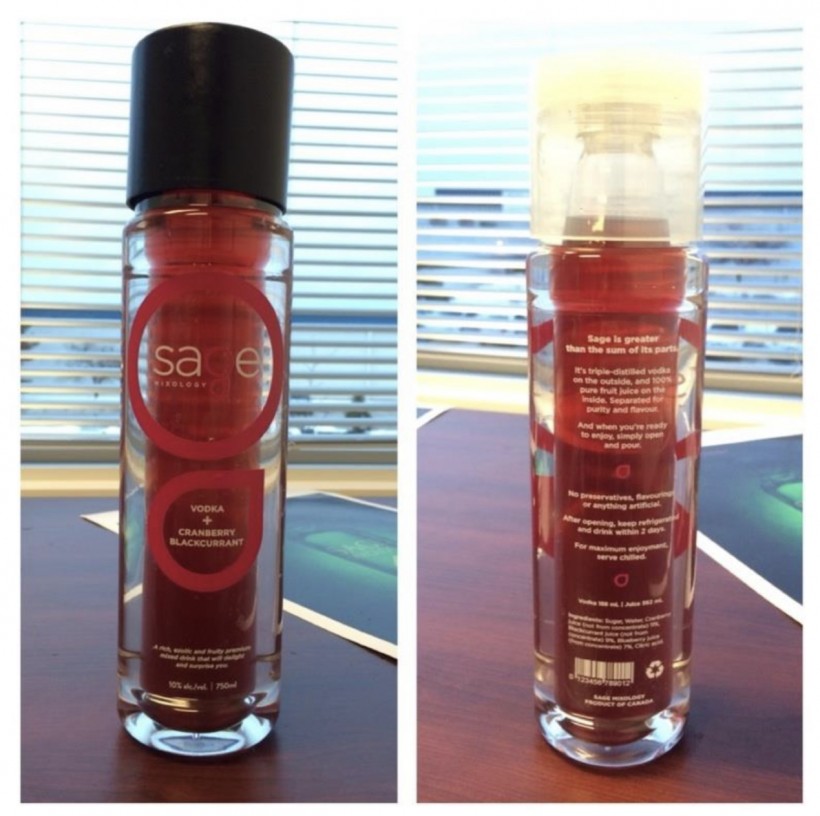An Ontario brewing company has changed hands for the second time in a deal that highlights the early strength of Atlantic Canada’s startup support ecosystem.
Halifax mixed drink startup Sage Mixology participated in the first ever cohort of Dalhousie University’s Starting Lean accelerator in 2012. Founders Cam McDonald and Daniel Bartek later moved the business to Toronto and renamed it Iconic Brewing Company. It was sold to Ace Beverage Group in 2020, and now Corby Spirit and Wine has bought 90 percent of Ace Beverage's shares for a whopping $148.5 million, valuing the company at $165 million.
The Starting Lean program at Dalhousie University, spearheaded by professors Mary Kilfoil and Ed Leach, helped to pioneer a hands-on learning model that has since been adopted to varying degrees by essentially every startup accelerator in Atlantic Canada.
“Given the drive and determination of the founders, combined with their understanding of customer-centric market development, I’m not surprised at their growth and I’m not surprised at their success,” Kilfoil recalled in an interview Thursday. “You could see from the beginning, their desire and their passion, but also their sheer determination to understand the market.”
Sage, now Iconic Brewing, has undergone several pivots since its founding. The version of McDonald and Bartek’s product that the duo developed during Starting Lean was an alcoholic beverage container that included a bottle within a bottle, for storing two liquids without mixing them.
The advantage of the design was it allowed for the creation of pre-packaged mixed drinks that could be combined when they were ready to be consumed, rather than ahead of time. The design was meant as a substitute for pre-mixed cocktails, which tended to be unpopular with consumers.
Iconic Brewing now sells a range of alcohol products, including craft beers and canned cocktails.
Kilfoil said that while McDonald and Bartek’s success was predictable from their drive and talent as entrepreneurs, Iconic Brewing’s growth and longevity has been a demonstration of the value of Starting Lean’s “learning by doing” approach to startup acceleration.
“You could say they exemplified the success of that approach,” she said. “There was a group of companies — (Dartmouth knee brace-maker) Spring Loaded Technology was another one — all of them in that same class, in fact.”
Spring Loaded has since raised millions of dollars of funding and makes “bionic” knee and back braces that use springs to augment the strength of the wearer’s own muscles.
Unusually for the era, Starting Lean focused not on teaching the academic fundamentals of business, such as spreadsheets, balance sheets and the like, but rather the often-contradictory skills needed to build a business in the real world. Above all, Kilfoil was renowned for telling her charges to "get out of the building" and talk to customers.
Starting Lean required participants to formulate a business model using a “canvas” — a business planning tool devised by California technocrat Steve Blank in his own startup course, Lean Launchpad. The canvas process was designed to encourage entrepreneurs to learn more about their market and adapt their business models in response to customer discovery feedback.
“I do believe (McDonald and Bartek) were meant to be entrepreneurs," said Kilfoil. "That course provided the principles of the importance of customer discovery … and gave them direction."










